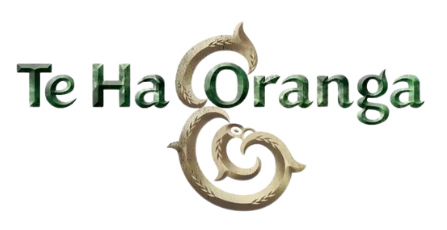FAQ
-
Is this a prison or Correction’s facility?
No, our whare are not prisons or Ara Poutama Aotearoa facilities. They are iwi-led supported accommodation with 24/7 support for tāngata whai i te ora. As such, they are expected to adhere to the tikanga and kawa of the homes or risk losing the privilege of living in our home.
Tāngata whai i te ora are individuals seeking wellness, which is their primary reason for being in the home. They have already served their time in prison, or are serving a community based sentence or oder, but need extra support before they make the full transition back into their community.
-
How long will the tāngata whai i te ora live at the home?
Tāne can live at the service for up to 18 months to ensure they receive the support they need to return to their whānau and lead independent lives. Tāne will be supported to move earlier if they are ready to do so. They will continue to receive support after they have moved out, as they transition into life in the community.
-
Do tāngata whai i te ora choose to live with you?
Yes. Our service requires tāngata whai i te ora to agree and commit to living in our whare, and we, through meetings and discussions with them prior to entry, determine if they are ready for this opportunity.
All tāngata whai i te ora undergo a careful and robust assessment and selection process before being approved to live at the whare. This includes approval by our iwi selection panel (made up of iwi, Ara Poutama Aotearoa staff and local community representatives). For those tāngata whai i te ora coming to us following time in a Corrections facility, they will need approval by the NZ Parole Board to be released into the care of our service.
-
Can tāngata whai i te ora receive manuhiri (visitos) at the whare?
Yes. Manuhiri/visitors of tāngata whai i te ora are welcome during visiting hours but they must be pre-approved by our team before visiting They must also be willing to commit to the tikanga and kawa of the home while they are visiting it. If our tikanga and kawa is breached in any way by manuhiri, it may result in them being banned from the property.
-
Who will the tāngata whai i te ora be?
Hāpai Ō is for tāne who are motivated to successfully transition into living in Tāmaki Makaurau, who need the wrap-around support that the service can provide and are committed to the Hāpai Ō mission and outcomes.
-
How will gang affiliations be managed?
Tāngata whai i te ora will be required to demonstrate that they are making efforts to distance themselves from any gang connections and will not be permitted to wear or display gang regalia in the home. Likewise, any manuhiri (visitors) will also be required to comply with the tikanga and kawa of
the home.
-
Will the different properties provide different services?
Both properties will be part of Hāpai Ō. One property will focus on supporting tāne (men) aged 18-24, whilst the other will be for tāne 25 and over.
-
Why did we choose these properties?
Ara Poutama Aotearoa reviewed several property options and decided that 320 and 322 Wairau Road, Glenfield were the best properties to establish a transition home. Some of the factors that influenced this decision were that they:
• Offer high-quality, well-built residential accommodation that aligns with the healthy home standards
• Are large enough to accommodate several individuals and concentrate support services on
• Have good access to public transport for residents to access social services, employment, training, and education.
• The community also has a number of services that can support tāngata whai i te ora and we know this will be supportive and caring neighbourhood for them to live in.
-
Will people with historic convictions for sexually offending against adults and children be permitted to live at the service?
No.
-
Will people subject to extended supervision orders or intensive monitoring conditions be permitted to live there?
No.



